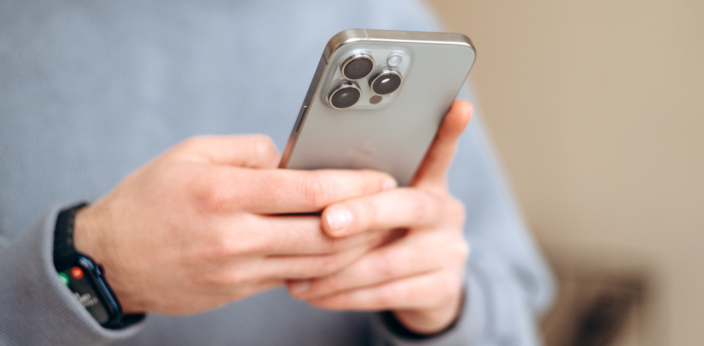Cybercriminals can access your device to spy on you or perform unwanted actions through Bluetooth technology on smartphones.
Others are reading now
Today, the majority of people own a smartphone, but this convenience comes with vulnerabilities to various forms of cybercrime if not cautious. With technological advancements, Bluetooth technology has become more prevalent, allowing for quick and easy connection of numerous devices for file transfers or connecting headphones, fitness bands, or smartwatches.
The convenience of Bluetooth, which functions optimally when in proximity to these devices, can also pose risks, such as exposing your smartphone’s data to cybercriminals. According to Bankinter, hackers can utilize this active tool and any vulnerabilities affecting the mobile device to extract data, including passwords, contacts, or even messages.
At a Defcon conference, one of the world’s leading cybersecurity conferences, experts recommended disabling Bluetooth on mobile phones when not in use. This not only saves battery life but also prevents potential hacker access.
Also read
Cybercriminals can penetrate our devices almost instantly to hack them. The first step they need is to discover the MAC address of the Bluetooth adapter, from which they can exploit our mobile phone. For instance, they can perform BlueSmacking, which involves the attacker sending more requests and data packets than the device can accept or handle.
Additionally, BlueSnarfing attacks allow hackers to receive data from the phone that can be used against us. Another threat is BlueBorne attacks, where the device gets infected with malware that then spreads to other devices connected via Bluetooth.
A cybercriminal could potentially listen in on your private conversations through headphones and speakers. In light of this risk, it’s advisable to turn off the Bluetooth connection. If it’s enabled, avoid accepting or block connections coming to your smartphone.


